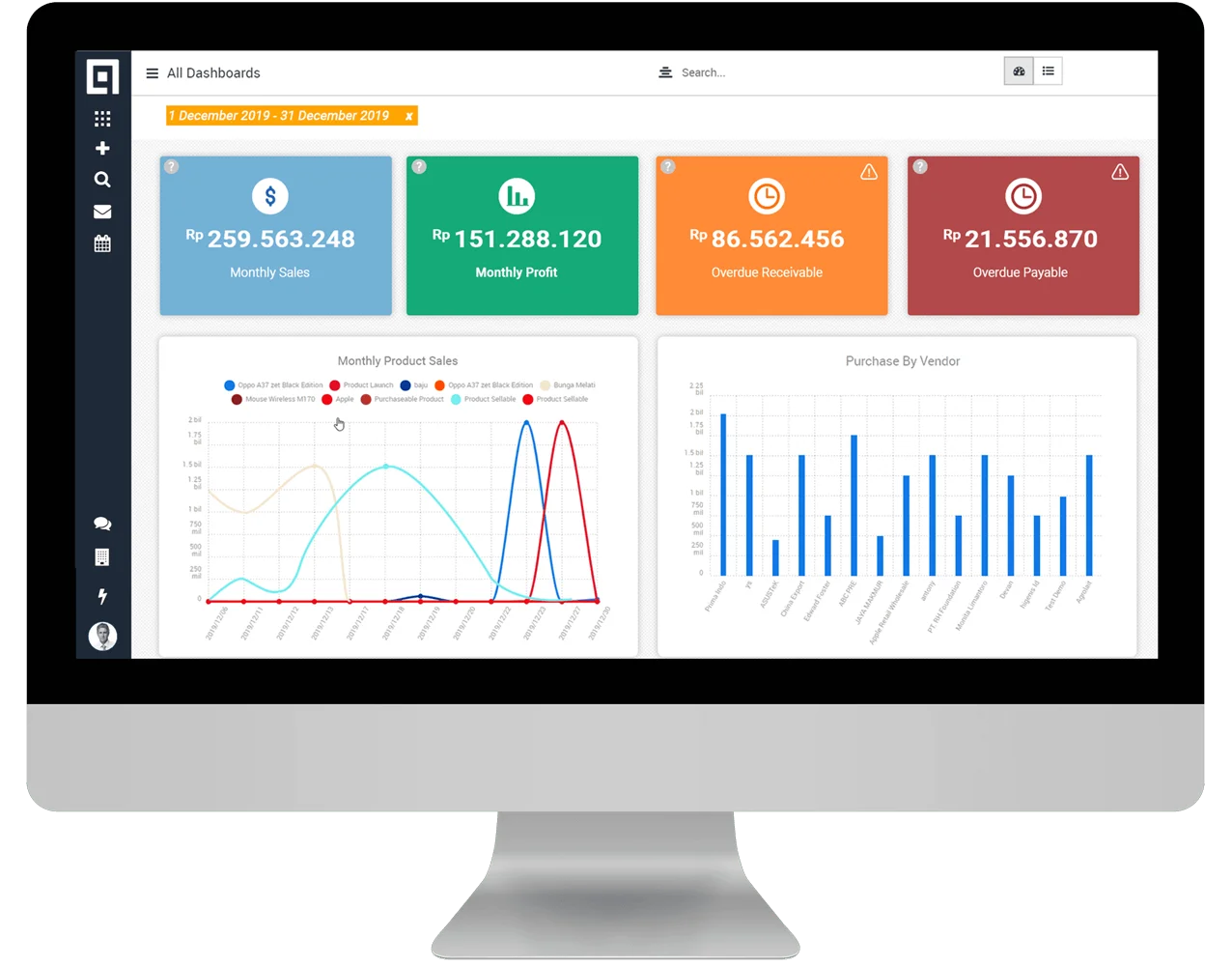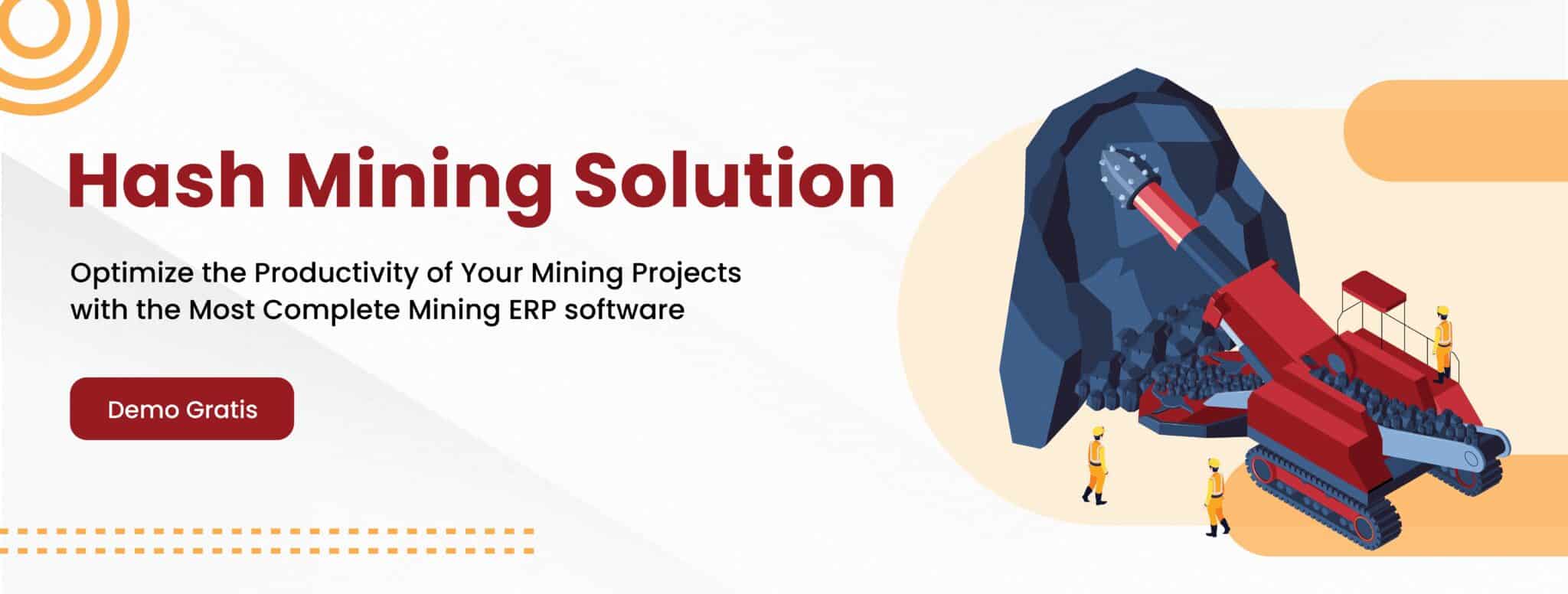For business owners in the mining industry, efficiency and precision are everything—especially when dealing with something as valuable as diamonds. These rare gems, formed deep beneath the Earth and pushed to the surface through volcanic pipes, have been mined for over a thousand years, yet their allure remains unmatched.
While the fundamentals of diamond mining have stayed consistent, modern operations now rely heavily on technology. Integrated ERP software has become essential in streamlining processes, boosting productivity, reducing costs, and managing risks more effectively.
With Singapore’s top ERP solutions tailored for mining businesses, you can simplify financial workflows, optimize asset maintenance, and gain full control over your operations—turning every carat into a smarter investment.
Table of Content:
Table of Content

Key Takeaways
|
3 Different Methods in Mining Diamonds
The journey of a diamond begins with an uncut stone from the mine. Its rough form has potential, with the size simply a promise of what it might be. In fact, when a diamond has formed 150-200 kilometers below the earth’s crust, it will be transported to the surface through kimberlite pipes.
Additionally, you can find diamonds only in some regions of the world, where there are diamond-bearing kimberlite pipes. However, there are various sources of diamonds, such as alluvial mining in the river and marine mining in the deep ocean.
Pipe mining
The pipe mining method is divided into open-pit and underground mining. Open-pit mining, such as the Kimberley Big Hole, includes removing the layers of sand and rock that exist just above the Kimberlite.
After that, blasting will break up the ore, and then the ore is ready to move to the primary ore crusher. In this step, the diamond extractor process begins. In underground mining, miners tunnel through the earth’s crust to reach the kimberlite pipe.
The tunnels have two levels, one above the other with funnels to connect the two. Mining begins on the top level by blasting ore, which falls through the horns and collects in the second tunnel. After that, loaders collect the broken ore and bring it back to the surface for processing.
Alluvial mining
Unlike pipe mining, alluvial mining involves the erosion process in the river. After thousands of years of wind and rain, the kimberlite pipe that reaches the earth’s surface gets eroded. Rivers and streams carry rough diamonds from the kimberlite afterward.
Therefore, you can find these diamonds in the gravel layer of other materials such as mud, clay, and underwater plant life. Moreover, the industrial alluvial process involves building a giant wall to collect the water in one area. The gravel is collected and then hauled to the surface and prepared for processing.
Marine mining
The marine mining method involves extracting diamonds from the seabed. In other words, this method involves the deep sea under the water. To be able to mine the diamonds that are deep out at sea, miners use ships with specialized technology with a powerful crawler.
The crawler will then suck gravel on the seabed through flexible hoses or pipes. In the earlier days, a swimmer would collect diamond-bearing stones from the shallow seabed. Alternatively, they use a large-scale drill mounted to the ship to excavate diamonds.
Additionally, the coast of Namibia is the richest source of marine diamond deposits, which account for approximately 64% of Namibia’s total diamond production.
Stages in Extracting Rough Diamonds
Diamonds that come into our hands today do not appear just like that. Instead, it has been through a series of journeys, even from the process of the mineral formation. Other than that, mining diamonds itself is not an easy journey.
After mining diamonds, you still need to go through a few stages to get the shape of the diamond that you want. Here are the steps in extracting rough diamonds.
Crushing Process
The first step of extracting rough diamonds is collecting and transferring diamond-bearing ore and gravel to a primary crusher. This primary crusher is responsible for reducing the larger ore pieces into smaller ones that measure no more than 150mm.
Accordingly, the ore will be more manageable. Sometimes, this process also involves a secondary crusher to break down the ore into smaller pieces.
The scrubbing stage
The second step is the scrubbing stage. Just as the name implies, this stage involves scrubbing the ore to remove any extra, loose particles. Continuously, it also consists of screening the ore. However, it is too expensive to extract diamonds from ore fragments that are smaller than 1.5 mm. Consequently, these fragments are often abandoned.
Process of the cyclonic separation plant
A solution consisting of ferrosilicon powder and water with a specific density is necessary to combine with the ore containing diamonds. The answer is then put in a cyclone, where it is tumbling and thus forced to separate. Then, the densest elements sink to the bottom of the cyclone. As a result, it will form a layer rich in diamond concentrate.
Recovery phase
The next step is the recovery phase, where we perform multiple procedures, including magnetic susceptibility, x-ray luminescence, and crystallographic laser fluorescence on the diamond-rich concentrate.
Moreover, we make calculations on the distinctive features of diamonds. These procedures separate the rough diamonds from the other dense materials in the cyclone separation facility.
Diamonds emit light flashes that transmit a signal to a microprocessor, launching a jet of air toward the diamond. After this process, the diamond is ready to enter a collection box.
Cleaned, weighed, and lastly packaged
After gathering all the diamonds in the collection box, we need to wash, weigh, and package them for shipment. Other than that, the diamonds have gone through cleaning in an acid solution. Remember to securely seal each container according to the Kimberley Process for the packaging process, with tamper-resistant seals and on-site numbering.
Sales of Diamond Jewelry
Loose diamonds go through various stages before being on display as beautiful jewelry. For instance, loose diamonds go through wholesalers and multiple intermediaries. Afterward, retailers will offer these diamonds, whether online or in traditional brick-and-mortar stores.
Diamonds are famous as symbols of love and commitment between two people. Even though there are a lot of processes and middlemen in the diamond supply chain from mine to finger, a tiny handful of retail jewelers source diamonds directly from the mine, cut and polish diamonds in-house, and set diamonds in jewelry creations, thus eliminating the intermediary.
Also Read: 5 Key Benefits of ERP Software for Mining Companies
Best Mining Software
Mining businesses require software solutions to manage the exploration and production of minerals. Furthermore, software solutions allow your business to maximize the use of personnel and equipment and comply with environmental, health, and safety standards.
Since mining operations demand significant investments, corporations can utilize this software to reduce production and maintenance expenses. Moreover, it can also assist mining businesses in raising workforce efficiency through improved scheduling.
HashMicro Mining Software
As a complete ERP software provider, HashMicro also provides the best Singapore ERP system for mining companies. The Mining ERP Software from HashMicro consists of modules such as project management, cargo management, asset management, HRM, and accounting systems. Moreover, HashMicro’s ERP system comprises various enterprise-level solutions customizable to your mining company’s specific requirements.
HashMicro’s Mining ERP System is integral to many modules. For instance, integration with the project management system enables production progress tracking, tasklist tracking, and assignation management.
Furthermore, the features of HashMicro’s software allow you to simplify financial procedures and increase staff management efficiency. Most importantly, you can gain complete control of projects with better budget control, accurate time monitoring, and instant contract renewals. Accordingly, this will grow your mining business even more.
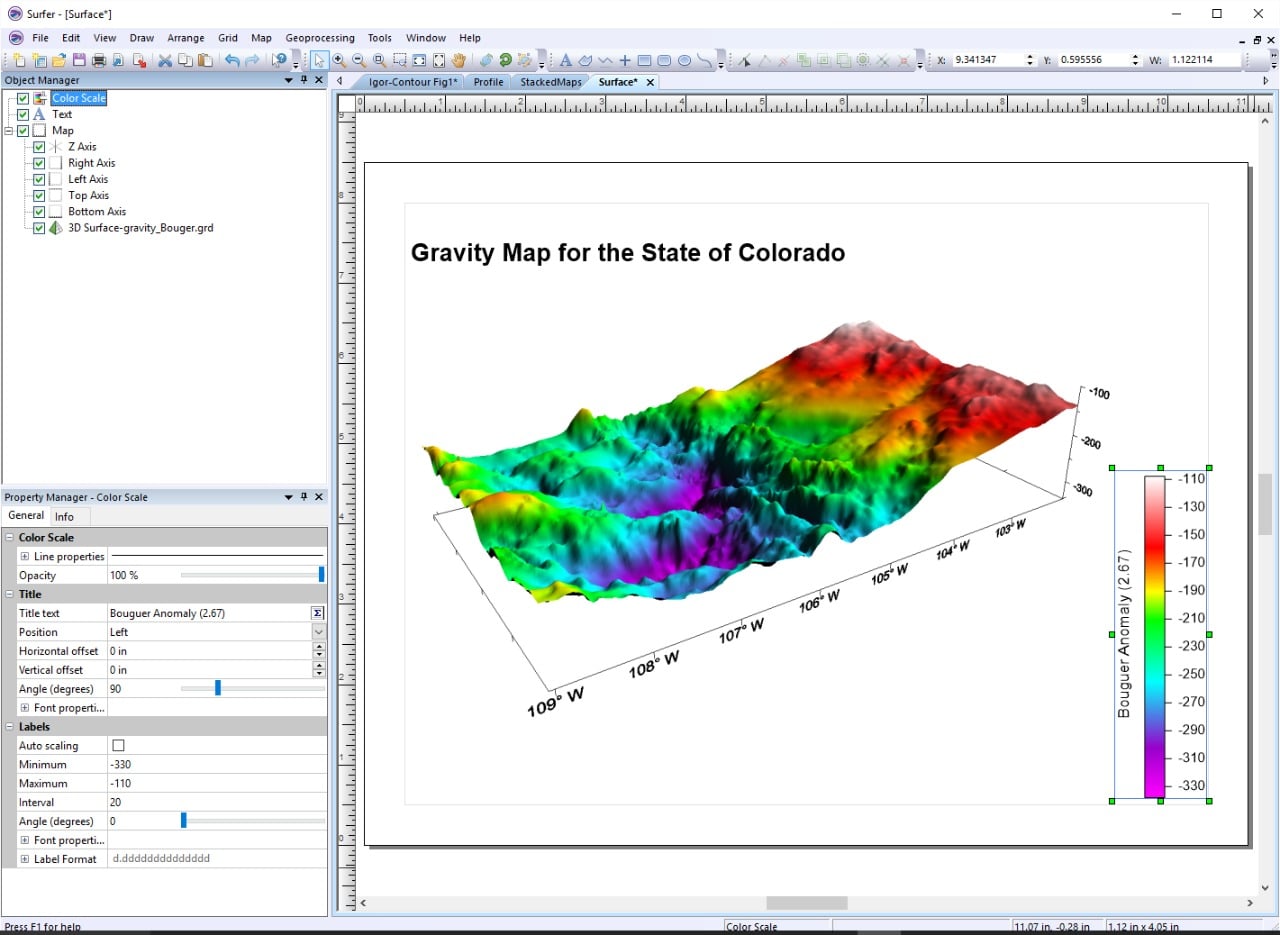
Surfer is a comprehensive mapping, modeling, and analysis software suite for scientists and engineers. The powerful interpolation engine from Surfer quickly generates publication-quality maps from XYZ data.
Moreover, almost every part of the map is modifiable. This software also allows you to enhance maps with profiles, legends, titles, labels, faults, and break lines. Other than that, you can also improve external maps from any web mapping provider. Specifically, Surfer is widely suitable for geologists, geophysicists, consultants, and more.
XLMiner
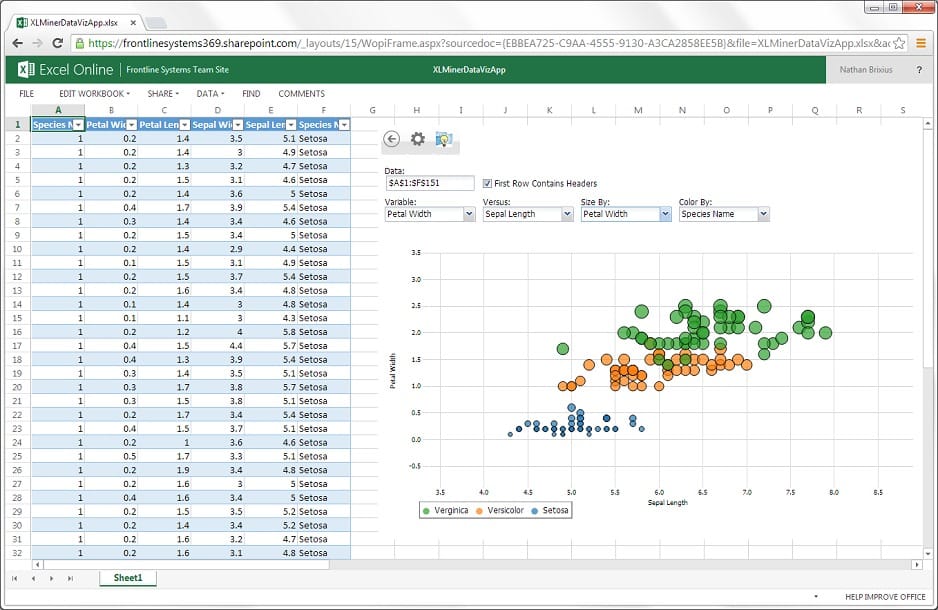
Mining software from XLMiner provides data mining instruments for business analytics, predictive model development, and testing. Moreover, XLMiner extracts data from Excel spreadsheets, SQL databases, and PowerPivot.
This software specializes in providing an easy-to-use, professional-level tool for data visualization. Additionally, XLMiner also enables you to forecast data mining in Excel. This data prediction will help improve your mining business.
GEOVIA Surpac
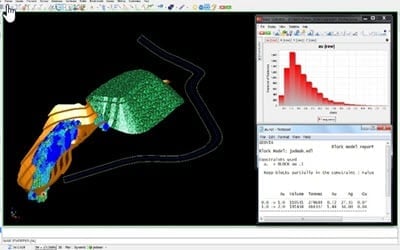
As a geology and mine planning software, GEOVIA Surpac supports open pit and underground operations. Consequently, it supports exploration projects with 3D graphics and workflow automation to manage efficiency and accuracy.
This software delivers efficiency through ease of use and alignment with company-specific processes. Furthermore, Surpac addresses the requirements of the resource sector and is flexible enough to be suitable for every commodity, orebody, and mining method.
RS3
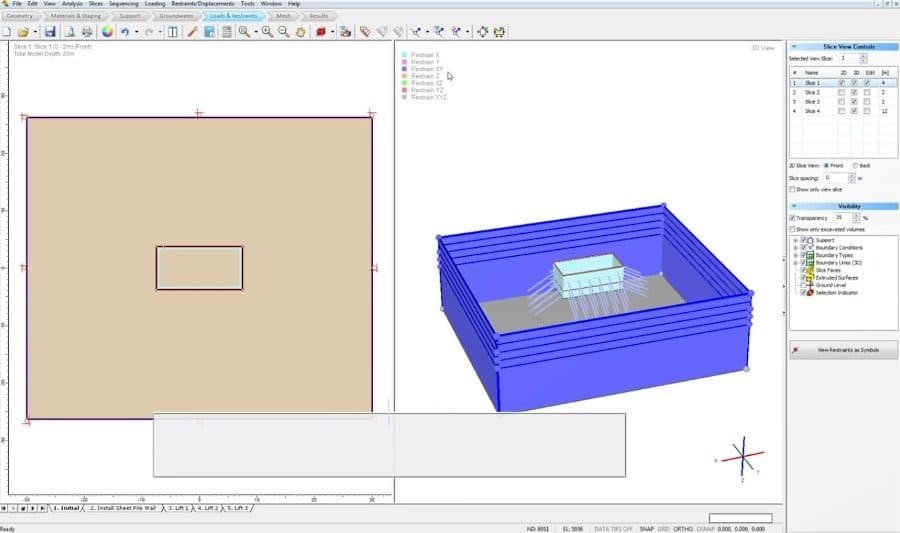
The RS3 mining system is suitable for 3D geotechnical and structural analysis for civil and mining applications. This program is a general-purpose finite element analysis that applies to rock and soil for underground excavations, tunnel and support design, and more.
Furthermore, RS3 provides total flexibility for excavation staging, support installation, loading, and other modeling components. Therefore, RS3 can analyze models with up to several hundred distinct stages.
Conclusion
The process of mining diamonds and processing the rough materials until they become the luxurious gemstone in jewelry has been long and complicated. Mining diamonds indeed requires skills and the help of technology, such as comprehensive mining software.
Therefore, HashMicro provides robust mining ERP software as a solution for mining businesses. This system can help you improve efficiency and productivity, resulting in fewer operational costs and risks.
HashMicro’s Mining ERP Software comes with innovative developments in its features. Other than that, your company can give access to unlimited users to operate this software. Most importantly, HashMicro understands that every business has unique needs and thus provides a configurable system to adjust your business structure, category, and goals.
You can start HashMicro’s Mining Software demo for free now.






